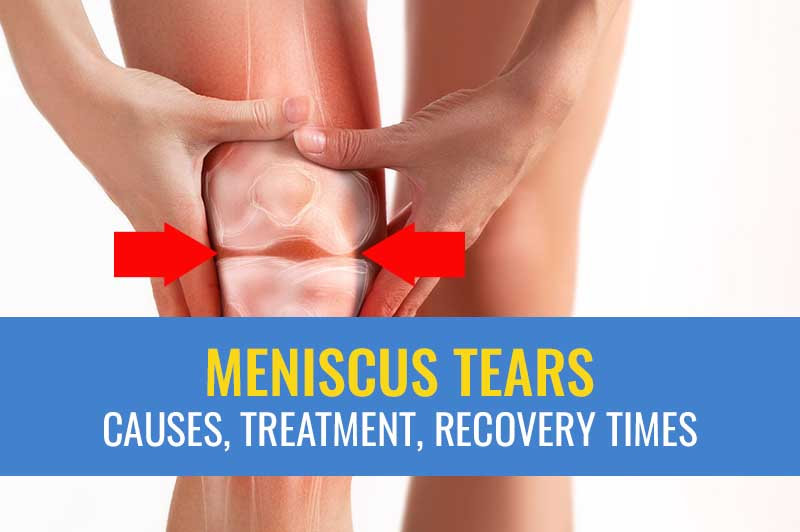A meniscus injury is a common yet potentially debilitating condition that affects the knee’s cartilage, often resulting from sports activities or sudden twists. Understanding the causes, symptoms, and treatment options for meniscus injuries is vital for effective recovery.
Understanding Meniscus Injuries
The meniscus is a C-shaped piece of cartilage that acts as a cushion between your thigh bone (femur) and shin bone (tibia). Meniscus injuries often occur during activities that involve sudden stops and twists of the knee.
Causes of Meniscus Injuries
- Sudden pivoting or turning
- Deep squatting or heavy lifting
- Direct impact to the knee
- Age-related degeneration
Symptoms of Meniscus Injuries
- Knee pain and swelling
- Stiffness and limited range of motion
- A popping sensation during the injury
- Difficulty straightening the knee
Comprehensive Treatment Options for Meniscus Injuries
Meniscus injury treatment aims to relieve pain, restore knee function, and prevent further damage. Depending on the severity of the injury, treatment options range from conservative approaches to surgical intervention.
Conservative Treatments
- Rest, Ice, Compression, Elevation (RICE): Initial treatment to reduce pain and swelling.
- Physical Therapy: Exercises to strengthen the muscles around the knee and improve flexibility.
- Medications: Pain relievers and anti-inflammatory drugs to manage symptoms.
Advanced Treatments
- Corticosteroid Injections: Injections to reduce inflammation and relieve pain.
- Platelet-Rich Plasma (PRP) Therapy: Advanced therapy using the patient’s blood to promote healing.
- Hyaluronic Acid Injections: Injections to lubricate the knee joint and reduce pain.
Surgical Treatment Options
For severe meniscus injuries that do not respond to conservative treatments, surgical options may be necessary:
Meniscus Repair
Meniscus repair involves stitching the torn pieces back together. This procedure is typically performed arthroscopically, using small incisions and specialized instruments.
Meniscectomy
Partial meniscectomy involves removing the damaged portion of the meniscus. This procedure can also be performed arthroscopically and is often used when repair is not possible.
Rehabilitation and Recovery
Rehabilitation is a crucial part of the recovery process for meniscus injuries. A personalized rehabilitation program helps restore knee function, strength, and flexibility.
- Rehabilitation Program: Tailored exercises and physical therapy to aid recovery.
Importance of Early Intervention
Early diagnosis and treatment of meniscus injuries are essential for a successful recovery. Delaying treatment can lead to further damage and complications, making it crucial to seek medical advice promptly.
Why Choose Khetan Knee Shoulder Clinic?
Choosing the right clinic for meniscus injury treatment is vital for effective management and recovery. Here’s why the Khetan Knee Shoulder Clinic should be your top choice:
- Expertise: Dr. Vatsal Khetan’s extensive experience in treating meniscus injuries.
- Innovative Treatments: Access to the latest and most effective treatment techniques.
- Patient-Centered Approach: Personalized care tailored to each patient.
- Comprehensive Care: A range of treatment options from conservative to surgical techniques.
Get in Touch
If you’re experiencing knee pain and suspect a meniscus injury, contact the Khetan Knee Shoulder Clinic in Gorakhpur today. Let Dr. Vatsal Khetan and his team help you achieve a pain-free life.
Contact Information:
- Address: SK Pandey Complex, Betiahata Rd, beside Union Bank, Betiahata, Gorakhpur, Uttar Pradesh 273001
- Phone: +91-9662-365-917
- Email: drvatsalkhetan@gmail.com
- Google Maps
- YouTube

